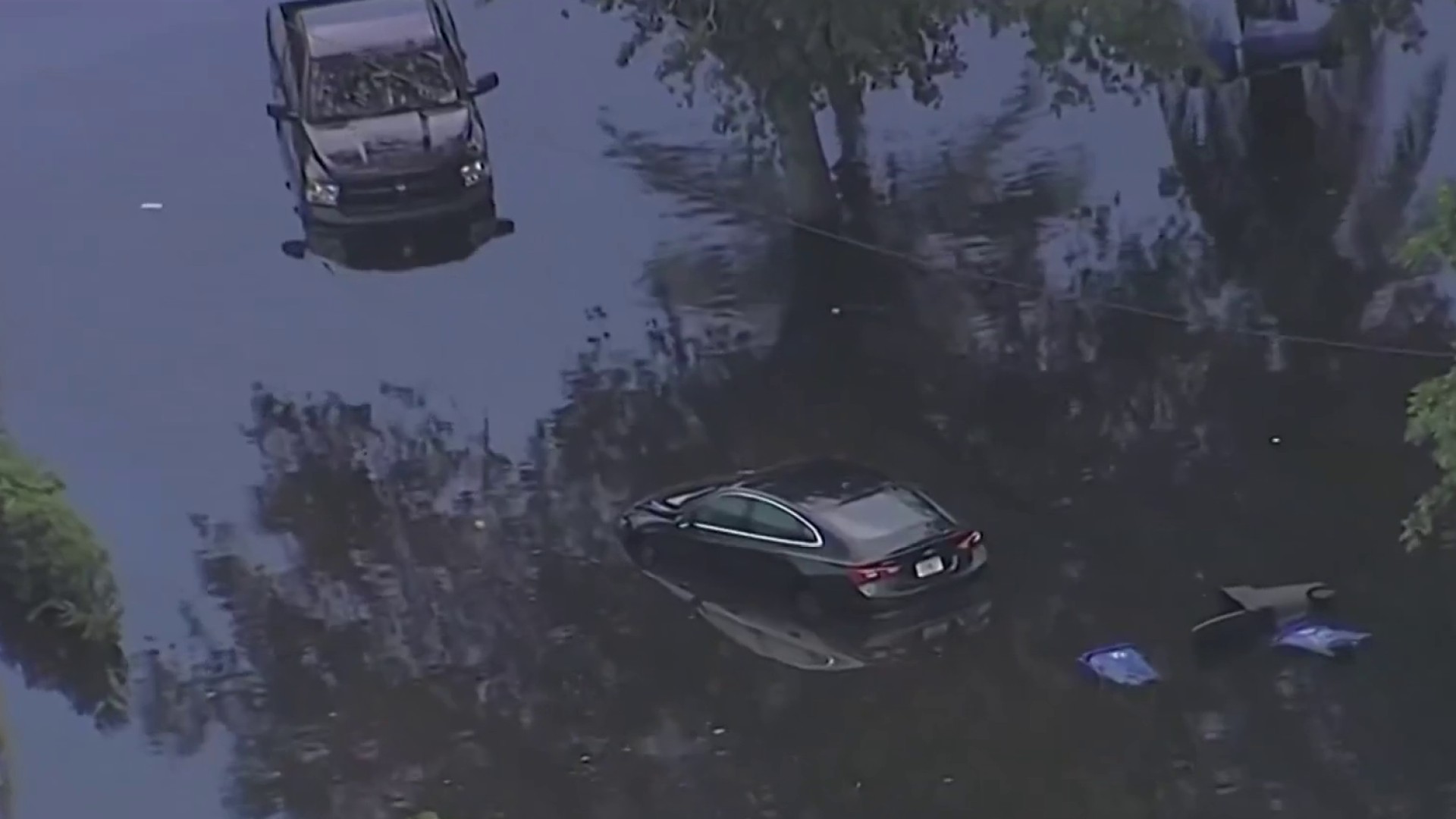With inflation and summer temperatures on the rise, you may be paying more on your energy bill.
“Gas prices are affecting everything. Energy prices are affecting all the other prices in the economy,” FIU Associate Professor Mihaela Pintea said.
Energy costs are up 7.5% since last month and up roughly 40% from a year ago, according to the Consumer Price Index.
“We’ve had to increase our fuel charges, we do not make a profit on fuel. We pass those charges onto our customers,” said Dwayne Acosta, a senior energy residential representative with Florida Power & Light.
Get South Florida local news, weather forecasts and entertainment stories to your inbox. Sign up for NBC South Florida newsletters.
Acosta said these price hikes are showing up on your bill.
“A typical increase would be about $25 to $30 on your fuel charges for most homes,” he said.
We met Acosta while he was doing a home energy survey, a free service FPL offers to help homeowners understand where they are using the most energy.
Responds
Responding to every consumer complaint
“We leave the AC a bit higher during the day,” Homeowner Sandra Ericson said.
Ericson is looking for ways to save and within minutes of the home energy survey, she got some quick tips.
Acosta said one way to save is by keeping your appliances running as efficiently as possible.
He suggested keeping your freezer full. Food catches and stores air and can help reduce the workload of your freezer.
He also said using your dishwasher can save money, too.
“Using your dishwasher can save you about $100 a year,” Acosta said.
A dishwasher uses one-third less hot water than hand washing, making it a cheaper option.
When it comes to doing your laundry, washing in cold water can save you up to $0.90 a load.
“Cold is always cheaper, it’s about $0.10 cents a load, warm is $0.50 a load, hot is $1 a load,” Acosta said.
But the biggest portion of your bill comes from running the air conditioning inside of your home.
“Air conditioning is 50 to 65 percent of your bill depending on how you run it. It can go higher or lower. We recommend 78 degrees when you are home, 82 degrees if you are out of the house more than four hours,” Acosta said.
Outside of the home, Acosta recommends limiting the runtime of your pool pump. Cutting back from eight hours to six hours can help you save.
FPL also offers an online tool called an FPL Energy Manager. It allows residents the chance to complete an online survey to help pinpoint where they are using the most energy and how to cut back.
There is also Bill Assistance Programs for those in need.



